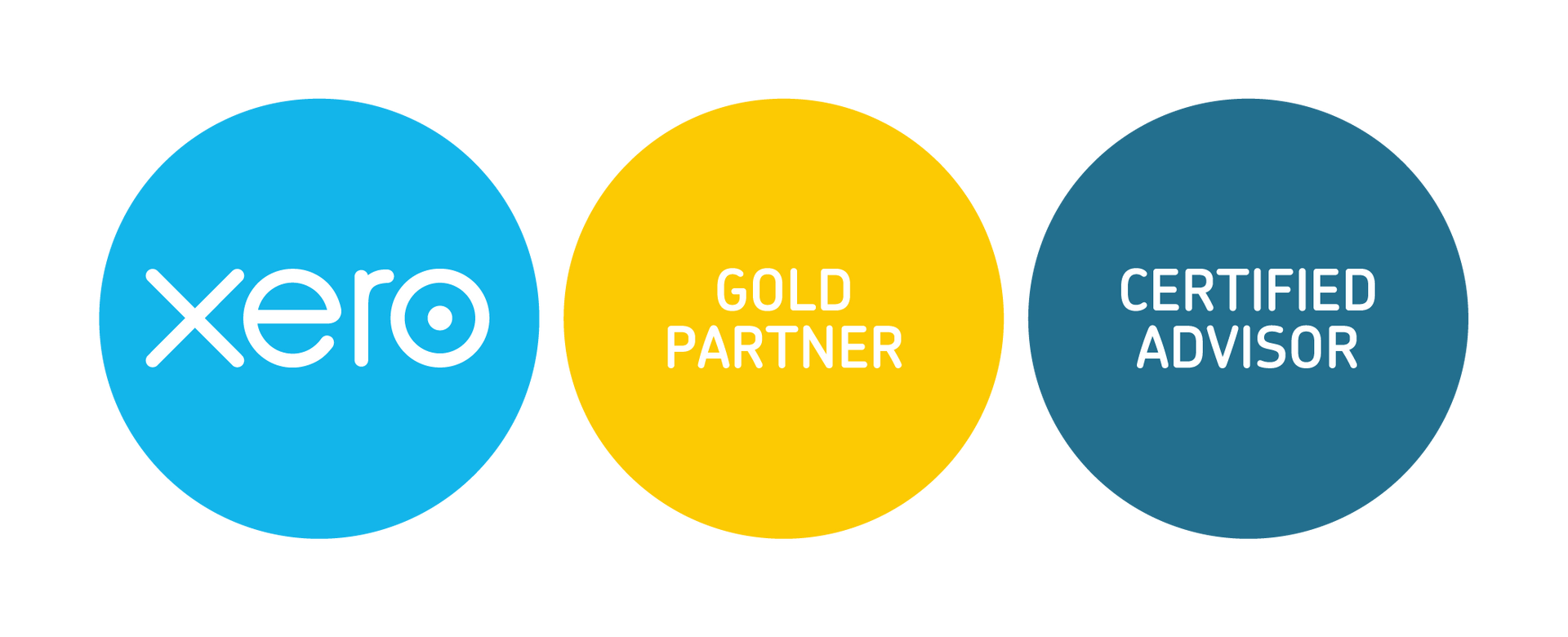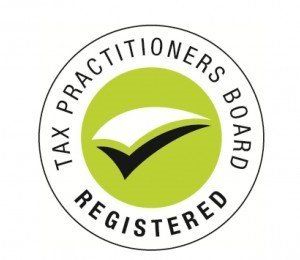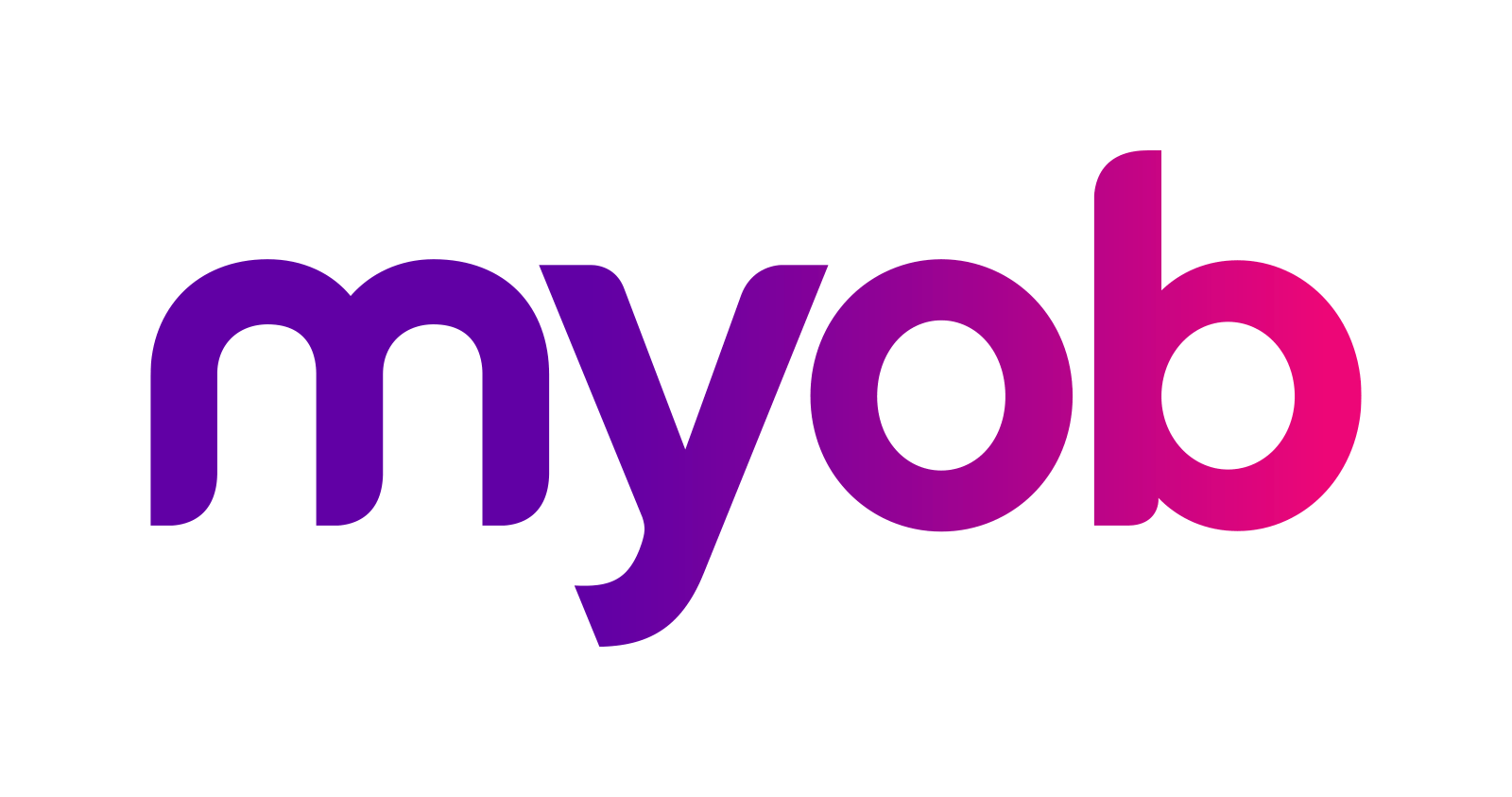Blog
Latest News

17 Nov, 2023
Every thriving business, whether a burgeoning start-up or an established corporation, revolves around essential components. Among these, one often-underestimated pillar is bookkeeping. In the hustle and bustle of day-to-day operations, entrepreneurs might be tempted to place tasks like marketing, client meetings, and product delivery at the forefront. While these activities are undeniably crucial, sidelining bookkeeping can lead to setbacks that are both stressful and costly. Consider this scenario: You’re knee-deep in sales and managing your enterprise when suddenly, tax season is upon you. Without organised financial records, you’re now in a mad dash to find an accountant who can clean up the financial mess and make sure you’re tax compliant. The fees of such last-minute services can be exorbitant compared to hiring a bookkeeper in advance. In today’s digital era, hiring a bookkeeper has never been easier. The rise of the gig economy means you can engage a bookkeeper temporarily, on-demand, or even remotely. If you’re still contemplating this decision, here are four compelling reasons that might tilt the balance in favour of hiring one: Accelerate Your Payments A timely, accurate, and professional invoice can be the difference between getting paid now or much later. When a seasoned bookkeeper manages your accounts receivable, they ensure that all billing details are captured without delay. This not only streamlines your cash inflow but also fortifies a confident and reputable image in the eyes of your clients. It’s simple; the faster you send out precise invoices, the quicker you can expect payments. Avoid Late Payment Pitfalls As businesses scale, the sheer volume of transactions, bills, and invoices can be overwhelming. Amidst this, it’s easy to overlook due dates or miss outstanding payments. Late payments or defaulting can severely dent your credit score, making you appear risk-laden to banks and financial institutions. By having a bookkeeper by your side, you ensure that every financial commitment is honoured on time. This punctuality can be pivotal when you’re seeking loans or funding, as institutions are more likely to back businesses that showcase financial discipline. Optimise Cash Flow Cash flow is the lifeblood of any enterprise. A hiccup in this flow, especially for small to medium businesses, can have cascading repercussions. When preoccupied with core operations, chasing clients for payments, or even recognising outstanding amounts can slip through the cracks. A bookkeeper, however, can meticulously track these, ensuring that reminders are sent, payments are collected, and your cash flow remains robust. Their expertise can help demonstrate a positive cash trajectory, an aspect investors and stakeholders hold in high regard. Gain Fresh Financial Insights As the captain of your ship, you might feel you have an unwavering grasp of your business’s financial standing. However, a bookkeeper brings an analytical, unbiased lens. They can structure your financial data, generate insightful reports, and paint an accurate picture of your company’s financial health. Such reports can be instrumental in decision-making, highlighting areas that demand attention and those that are performing exceptionally. Essentially, a bookkeeper can be your financial compass, pointing you in the direction of growth and stability. In the competitive world of business, every edge counts. While entrepreneurs are adept at wearing multiple hats, there’s undeniable value in delegation, especially in areas requiring specialised knowledge. Bookkeeping, more than just number crunching, is about understanding the financial narrative of a business. By investing in a bookkeeper, you’re not just opting for organised records but also for clarity, foresight, and strategic financial counsel. As the adage goes, “A stitch in time saves nine.” In the context of business, a bookkeeper today can save countless hours and dollars tomorrow. So, with the myriad benefits laid out, perhaps it’s time to make that prudent business decision. After all, the success and growth of your venture could very well hinge on it.

By Sandy Xing
•
01 Feb, 2023
There are several rules in relation to super contributions changed from 1 July 2022 and let us take a look how they are going to affect your super. 1. Downsizer Contributions - age eligibility reduced What is downsizer contribution? If you have reached the eligible age, you could contribute up to $300,000 from the proceeds of the sale (or part sale) of your home into your superannuation fund. From 1 July 2022 the eligible age is 60 years old or older. Eligible individuals aged 55 years or older can make a downsizer contribution from 1 January 2023. This is different to the rules applying until 30 June 2022, which the age requirement is 65 years old or older. There are some other eligibility criteria you must satisfy. For example, you or your spouse must have owned the home for at least 10 years prior to the sale; you make your downsizer contribution within 90 days of receiving the proceeds of sale; the contribution amount cannot be greater than the total proceeds from the sale of your home, etc. You should check the full eligibility criteria and make sure you meet the requirements before making the downsizer contribution. A downsizer contribution does not count towards any of the contribution caps and will not affect your total superannuation balance until it is re-calculated at the end of the financial year. Therefore, the sequence of making contributions may affect your ability to contribute and to fully utilise the contribution caps. 2. Removal of the work test requirement for making or receiving non-concessional and salary sacrificed contributions. What is the work test? The work test is one of the requirements for older individuals wanting to make voluntary contributions. To pass the work test, you must be gainfully employed for at least 40 hours over a consecutive 30-day period in the relevant financial year. From 1 July 2022, the work test requirement was removed for making or receiving non-concessional and salary sacrificed contributions if you are under 75 years old. If you are aged 67 to 74 and wishing to claim a personal super contribution deduction, you are still required to meet the work test. Making personal deductible contribution into super and claiming it as a tax deduction may decrease your personal income tax payable and also increase your retirement savings. You cannot claim a deduction for super contributions paid by your employer directly to your super fund from your before-tax income such as salary sacrificed super amount. 3. Member non-concessional contributions – bring forward arrangements eligible age changed What are non-concessional contributions? Non-concessional contributions are contributions to super made from your after-tax income, which you don’t claim a tax deduction for. Non-concessional contributions are not taxed in your super fund. From 1 July 2022, if you are under age 75 at any time in the financial year, you may be able to make non-concessional contributions up to three times the annual non-concessional contributions cap in that financial year. Prior to this, only individuals under age 67 are able to access this bring forward arrangement. Eligibility for bring forward arrangement also depends on your total super balance on 30 June of the previous financial year: Total super balance on 30 June Non-concessional contributions cap Bring-forward period of previous year for the first year < $1.48 million $330,000 3 Years $1.48 million - < $1.59 million $220,000 2 Years $1.59 million - < $1.7 million $110,000 Standard annual cap ≥ $1.7 million Nil N/A Example Mary is 70 years old and has a total super balance of $1.3 million as at 30 June 2022. In July 2022, she contributed $150,000 into her super and triggered the 3 year bring forward arrangement, therefore Mary could use up her remaining cap of $180,000 ($330,000 - $150,000) in the following two financial years. However, if Mary’s total super balance reaches $1.7m or over on 30/06/2023, her cap for 2023-24 will be nil even if she has not contributed the $180,000 in full. The changes mentioned above can be great opportunities for people who want to put extra money into super fund and boost retirement. However, this article is for general information purpose only and it cannot be relied upon before seeking advice from an appropriately qualified professional. If you have any queries regarding the above or any questions in relation to Superannuation, please don’t hesitate to contact our office.
© 2024
Aspire2 Accountants





